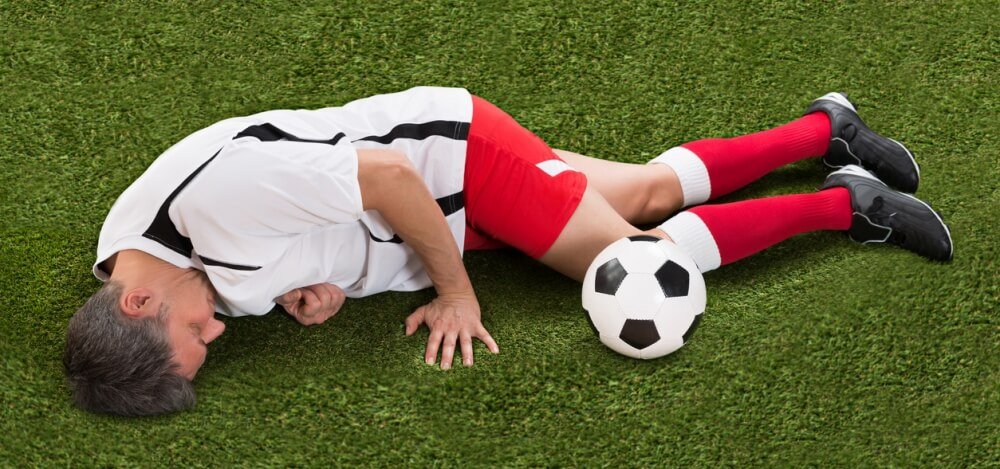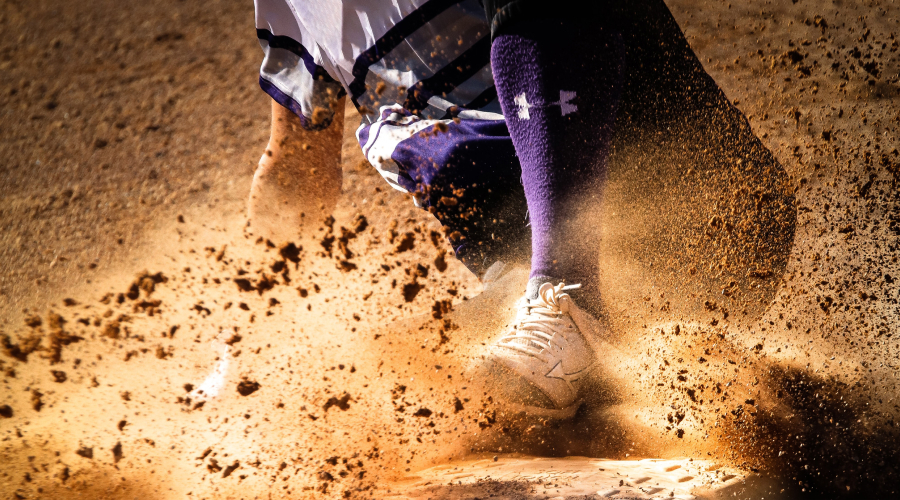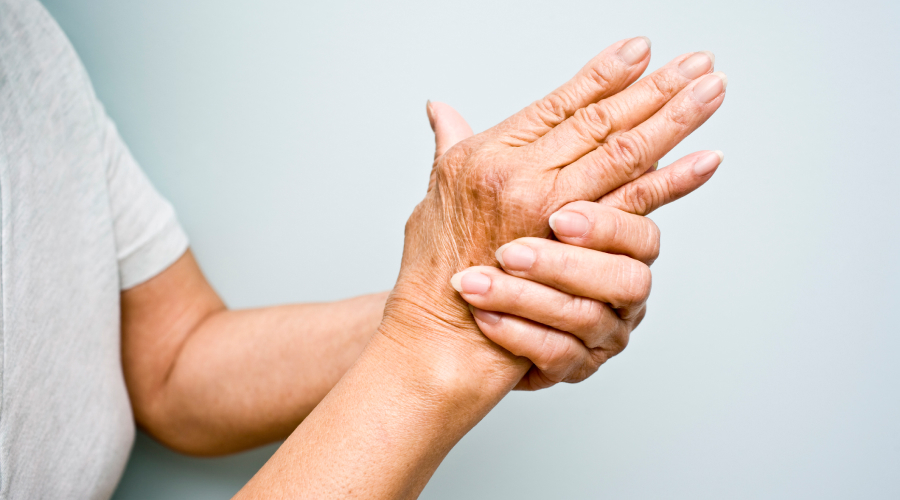
Bam! It felt like it came out of nowhere. You were playing soccer, tripped over someone’s foot and hit your head hard against a goal post. Or maybe you were in a car accident and suffered from whiplash. Regardless of how your traumatic brain injury happened, there are certain concussion recovery tips that will help you get back on your feet.
What Are the Symptoms of a Concussion?
First, it’s important to realize that football players aren’t the only ones prone to concussions. This type of traumatic brain injury can happen to anyone, which is why you should be aware of the symptoms. The ones most commonly reported are:
- Headache
- Dizziness
- Fatigue
- Nausea/vomiting
- Double or blurry vision
- Confusion
- Balance/coordination issues
- Slurred speech
- Concentration issues
Concussions can be as unique as snowflakes. Everyone will experience different combinations of symptoms at varying levels for an unpredictable amount of time. If you suspect that you have a concussion, the following are helpful steps for recovery:
Visit a Concussion Specialist
The first step after a traumatic brain injury is to visit your doctor. The brain is a complicated organ and will require an evaluation by an experienced, specialized physician. This is especially true if a concussion happens to a child under the age of 12, since there are specific pediatric guidelines to follow.
After the injury, a concussion expert will often perform an Immediate Post-Concussion Assessment and Cognitive Test (ImPACT). This test analyzes cognitive abilities and helps the physician create a treatment plan that will put you on the road to recovery.
 Rest & Relax
Rest & Relax
One of the most important things to do immediately after injury and throughout the recovery period is to rest, mentally and physically. Your brain will need to heal itself in order for your symptoms to get better, and exercise and physical exertion can possibly make things worse.
This means that if you are hit in the head during a soccer game, you should sit the rest of the game out. Continuing to play while injured can create a more severe injury and delay your recovery.
If you’re an athlete, your doctor will likely prohibit you from resuming physical activity until you’re healed. Your doctor may also ask you to pause other common daily tasks like driving or lifting heavy objects. Basically, laying low will be your best bet.
Notify Your School or Job
Just as you would tell them if you broke your leg, you should also notify your school or workplace of your concussion. This is because, immediately following your injury, you will likely need to take time off. And when you return, you may need certain accommodations while you’re still recovering, like:
- Shorter days
- Frequent breaks
- Adjustment to normal duties
- Reduction in workload
- More time to complete assignments
It’s easy for the brain to get overwhelmed when recovering from an injury. Fortunately, many schools have a concussion policy in place to help students transition back into academics and athletics.
Be Patient
It might be the hardest part of recovery, but understanding that your concussion symptoms won’t disappear overnight will prepare you for the road ahead. The time it takes for your symptoms to improve will depend on your age, overall health, specific injury, lifestyle and how serious you take your recovery.
Anxiety and depression can occur throughout the process, but don’t get discouraged! Everyone heals in their own time and the more you prioritize your recovery, the faster you will get better. But, if you have persistent mood changes, you should let your doctor know.
Stay Hydrated & Eat Well
Dehydration and not eating the right food can bring their own sets of problems, none of which you want added on top of your concussion. Not drinking enough liquids can cause severe headaches and not eating right can make you weak – and both can prolong your recovery period.
Imagine that everything you eat and drink is fueling your mind as it heals. With that said, you’ll want to avoid unhealthy foods and alcohol, and only take medications that are prescribed by your doctor. Make sure you always have something to drink nearby and never skip a meal!
 Avoid Electronics
Avoid Electronics
If you’re constantly attached to your phone or laptop, this one might seem impossible. But the glaring screens and blinking lights from the technology we use every day can make concussion symptoms worse.
Plus, when you’re experiencing headaches, dizziness or nausea, the last thing you’ll probably want to do is stare at a screen. Instead, try to relax and pass the time by listening to music or podcasts, drawing, making crafts, or through other calming hobbies.
Follow Your Doctor’s Orders
As we’ve said, every concussion is different. Your doctor will need to get a full picture of your overall health and lifestyle, and will create a Return to Play plan for your specific condition. It’s important that you follow your doctor’s advice so that you can get back to normal as soon as possible.
Seek Physical Therapy
Dizziness and poor balance are common concussion side effects that a physical therapist can help treat. Through a technique called balance therapy, a physical therapist designs an exercise-based program that works to increase your sensory input and motor output.
Physical therapy can also help you regain your strength and endurance. After a long period of rest, you may experience muscle weakness and low endurance. A physical therapist can help you regain your strength without making your concussion symptoms worse.
Ease Back into Your Routine
Once your symptoms start to improve, it will be tempting to jump right back into your normal routine. But doing too much too soon will only cause more damage, and the last thing you want is to reinjure yourself.
When you’re back at work or school, don’t feel like you need to overcompensate for the time you’ve lost. Your teachers, coworkers or bosses should be aware of your condition and work with you as you recover. Take frequent breaks throughout the day to avoid over-exerting yourself. And if your symptoms come back or get worse, cut back on activity and notify your doctor.
As traumatic brain injuries, concussions need to be treated seriously. You’ll need to listen to what your body needs and take it easy as you’re recovering. Otherwise, you risk reinjuring yourself or making your symptoms worse.
Our Concussion Clinic is led by Director of Concussion Management, Kevin D. Heaton, DO, who is licensed to perform ImPACT testing on pediatric and adult patients. If you have any questions about your experience with concussions, please don’t hesitate to contact us.



